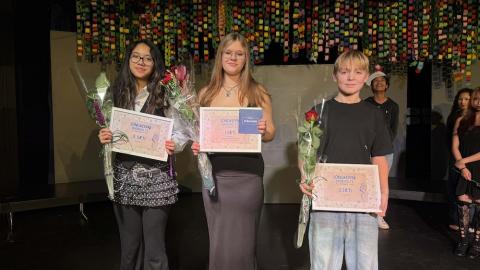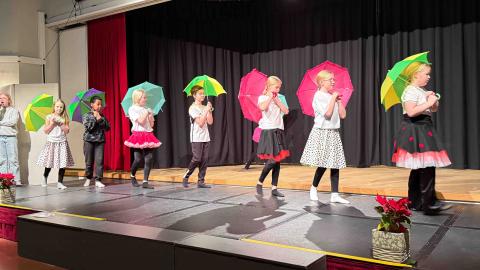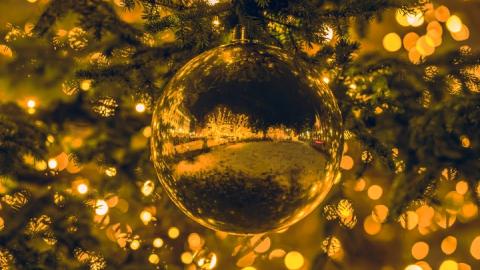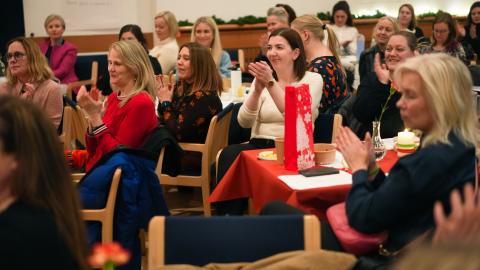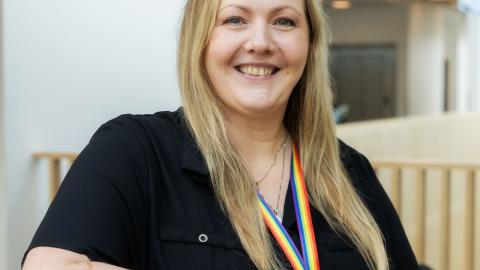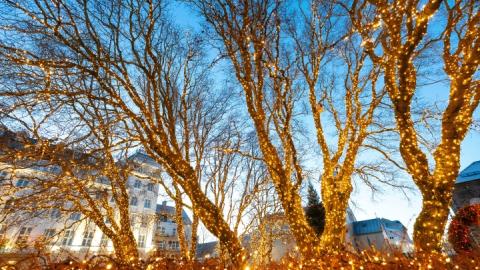Children and youth
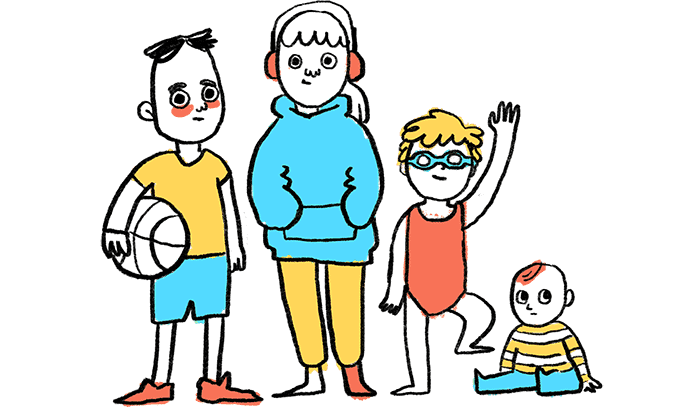
Children in Reykjavík take part in solid school and recreation activities, giving them the education and experience to realize their dreams and positively impact their environment and society. They are from all over the world and speak a wide range of languages.
Reykjavík City provides a wide range of services to all these children and their families that contribute to their well-being and prosperity.
What do you want to explore next?
- Preschools Learning in the first stage of school happens through play.
- Primary schools Dreams can come true.
- Recreation It just has to be fun.
- Day parents First steps away from home.
- Music education Music enriches and creates connections.
- School and welfare services Integrated services for the prosperity of children.
- Child protection Support for children and parents.
- Digital learning Creative technologies.
- School of Work Summer is the time.
- Gender Equality Academy Equality and sex education for all levels of schooling.
- Multiculturalism in school and recreational activities We respect each other in play, study, and recreation.
Primary schools
Children in Iceland start compulsory primary school in the year they turn six. Parents have a choice of primary school, but if the number of pupils in individual schools has to be limited, students have priority in their school district.
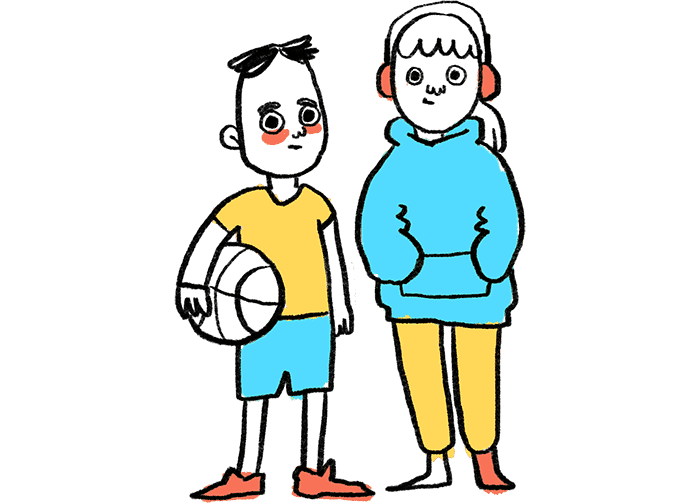
Preschools
Reykjavík City operates over 60 preschools with almost 6,000 children. Children in preschool should enjoy their childhood and learn and develop playing together.
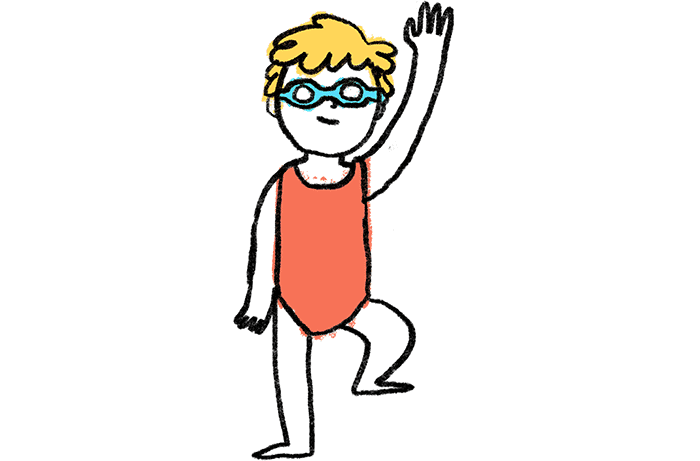
Day parents
Reykjavík has independent day parents who look after children from 6 months old. The City grants them work permits and carries out statutory supervision of their activities.
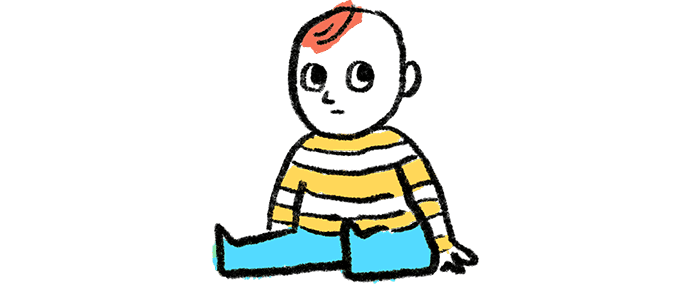
Child protection
Reykjavík Child Protection Services (CPS) assists children and parents with serious problems ensure the future well-being and safety of children through a wide range of counseling, support and professional solutions.
Music education
Music education is available for children and youth in all city districts, both in school bands and in music schools that have service contracts with Reykjavík City.
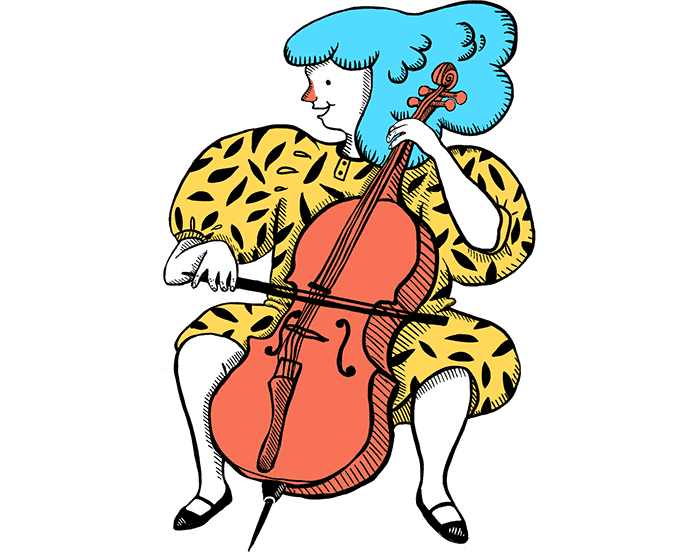
Recreation
In recreational activities, there is an opportunity to learn through play. Children increase their development and skills through a wide range of games and puzzles.
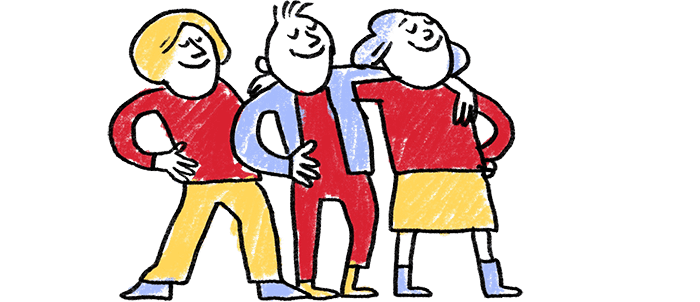
School of Work
Registration for the School of Work's summer 2026 program has not yet opened. Inquiries sent to vinnuskoli@reykjavik.is will be answered promptly.
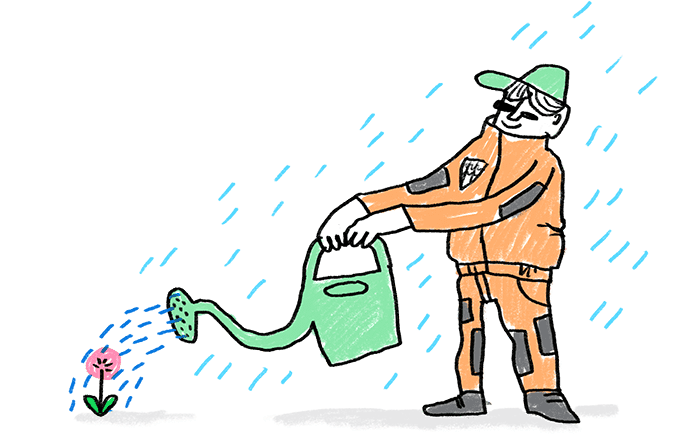
Prosperity services
The Act on the Integration of Services in the Interest of Children’s Prosperity took effect on January 1, 2022. The goal of the Act is to ensure children and guardians receive the right assistance, at the right time, from the right parties.
Families and children in need of early support have guaranteed access to a prosperity contact in the child's immediate environment, such as in preschool or primary school.
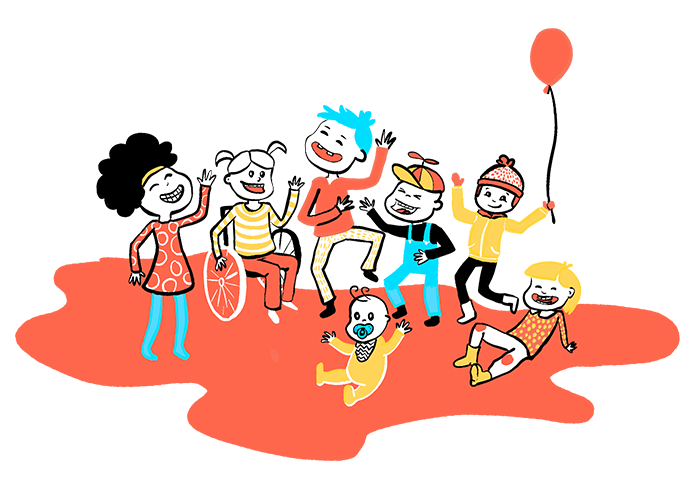
Gender Equality Academy
The Gender Equality School creates a platform for education, counseling, and support regarding equality education, human rights, and sexual health. It serves City staff in school and recreational activities, as well as children and parents when applicable.
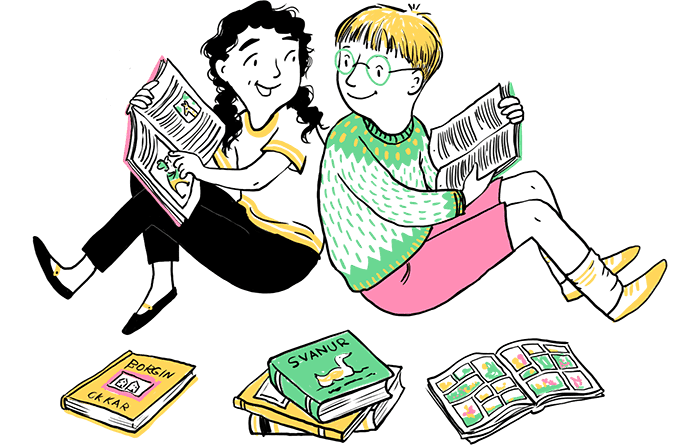
Digital Growth
Digital Growth is a support website for the introduction of advanced and creative technologies for the City’s schools and recreation. Here is information on learning devices, software and privacy and guidance for staff, students, and parents.
Hitt Húsið
Hitt Húsið is a youth center for young people aged 16–25 in the fields of culture and art, leisure, information and advice, employment, and prevention. At Hitt Húsið Youth Center, young people can use the facilities to sing, dance, dream, create, learn, play, meet up, and more. Hitt Húsið Youth Center houses various associations and organizations for young people.
News
-

-

-

-

-

-

